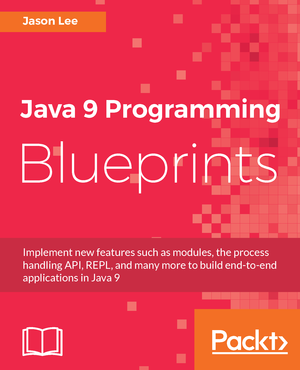Be Careful with Statics
Thursday, July 16, 2015 |I recently came across an interesting piece of code at work:
1
private static final DateFormat DATE_FORMAT = new SimpleDateFormat("yyyy-MM-dd");
What struck me as odd was the private qualifier and that the fact that SimpleDateFormat is not thread-safe. Is the private some
odd attempt to work around concurrency issues, or was thread safety just overlooked? That led me to this question: Is a private static
still one instance per JVM, or does the private actually change anything? My understanding was that this was a bug, but I thought I’d
write a test just to make sure.
Let’s start with a class:
1
2
3
4
5
6
7
8
9
10
11
public class SomeClass {
private static int number;
public SomeClass(int number) {
this.number = number;
}
public int getNumber() {
return number;
}
}
and here’s our simple test:
1
2
3
4
5
6
7
8
9
10
public class StaticTest {
public static void main(String[] args) {
SomeClass a = new SomeClass(1);
SomeClass b = new SomeClass(2);
System.out.println("a.number = " + a.getNumber());
System.out.println("b.number = " + b.getNumber());
}
}
As expected, here’s the output:
1
2
a.number = 2
b.number = 2
If you’ve been around the block a few times, this probably doesn’t come as a surprise. If you’re newer, though, or haven’t ever had to give it thought, you might be mildly surprised. Either way, the bottom line is this: scope qualifiers don’t modify the behavior of a static, so if the type is not thread-safe, you’ll need a better (read as: correct) way to handle the concurrency concerns.
 My name is Jason Lee. I am a software developer living in the middle of Oklahoma. I’ve been a professional developer since 1997,
using a variety of languages, including Java, Javascript, PHP, Python, Delphi, and even a bit of C#. I currently work for Red Hat
on the WildFly/EAP team, where, among other things, I maintain integrations for some MicroProfile specs, OpenTelemetry, Micrometer,
Jakarta Faces, and Bean Validation. (Full resume
My name is Jason Lee. I am a software developer living in the middle of Oklahoma. I’ve been a professional developer since 1997,
using a variety of languages, including Java, Javascript, PHP, Python, Delphi, and even a bit of C#. I currently work for Red Hat
on the WildFly/EAP team, where, among other things, I maintain integrations for some MicroProfile specs, OpenTelemetry, Micrometer,
Jakarta Faces, and Bean Validation. (Full resume 